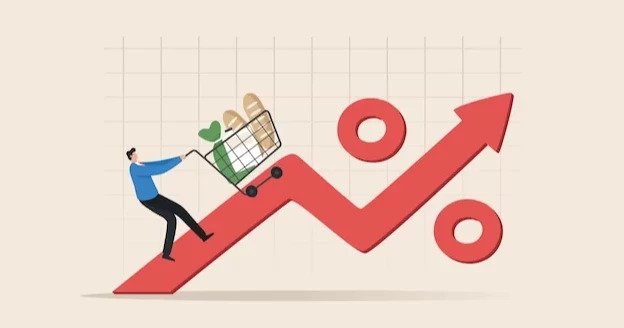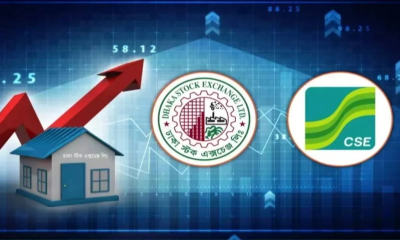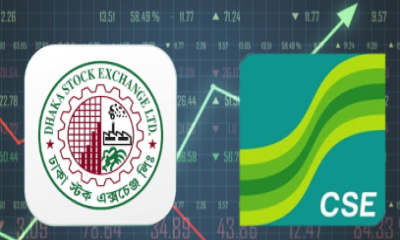The general rate of inflation ticked up again in October, rising 30 basis points to 9.93 percent, from the 9.63 percent recorded in September. Although the rise wasn`t astronomical, it showed the continued futility of the government`s efforts to rein in prices, with food inflation, relating to the prices of just food items, far outpacing the general rate to hit a 10-year high of 12.56 percent in October.
The Bangladesh Bureau of Statistics (BBS) released the updated Consumer Price Index (CPI) data for October on Monday.
The food inflation rate has risen above the 12.37 percent in September. It crossed the 12 percent mark in August as well. For more than a decade, food inflation had remained in single digits. We need to look back to January 2012, for the last time food inflation was recorded at a comparable level of 12.73 percent.
The prices of daily commodities are increasing in the market. Although various initiatives have been taken to reduce inflation, it`s not reflected in the market. Many common people are now under pressure to afford food. Wage earners` incomes are not increasing in line with inflation.
In October, the price of potato, fish, rice, pulses, oil, salt, fish, meat, vegetables, spices, and tobacco products increased and the rate of food inflation increased, BBS said.
According to BBS data, food inflation stood at 8.50 percent in October last year.
In the current fiscal year 2023-24, the government has set a target of keeping inflation within 6 percent. But the first four months have not seen any progress towards that. The average inflation in the first three months of the current fiscal was 9.74 percent, but instead of being clawed back in October, it actually rose again, towards the psychological double-digit barrier.,















-20260222063838.webp)




















